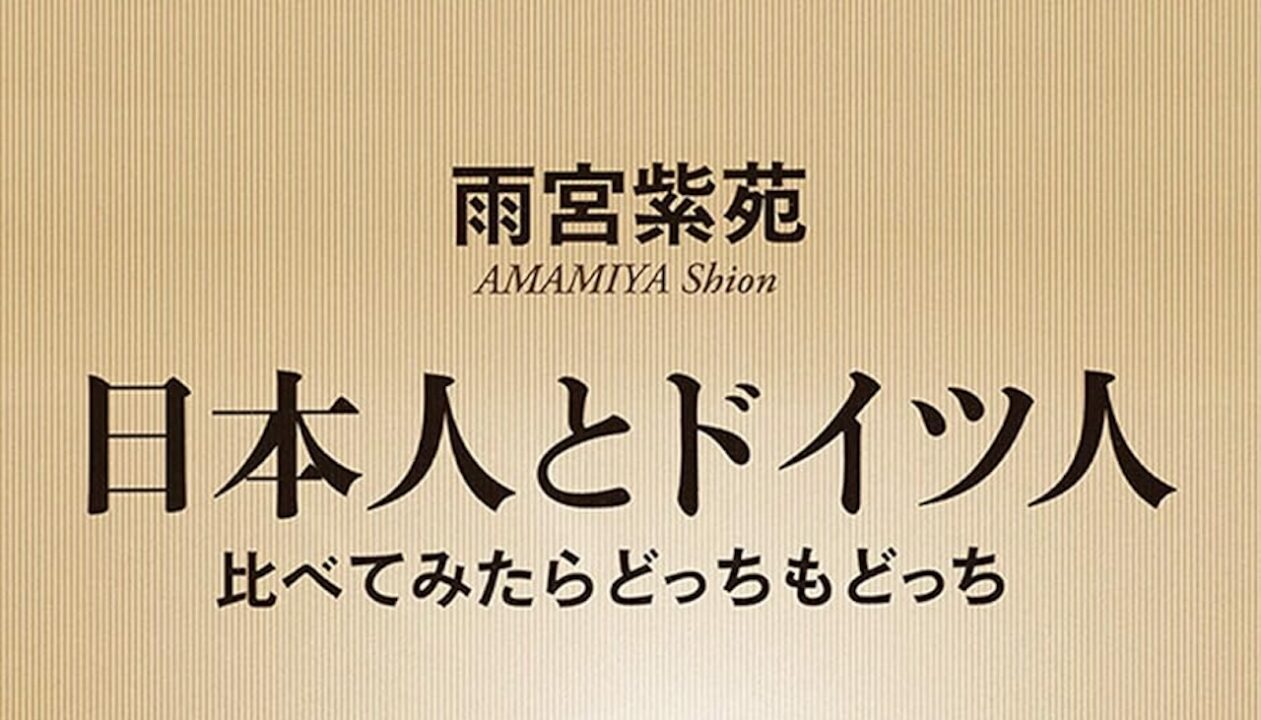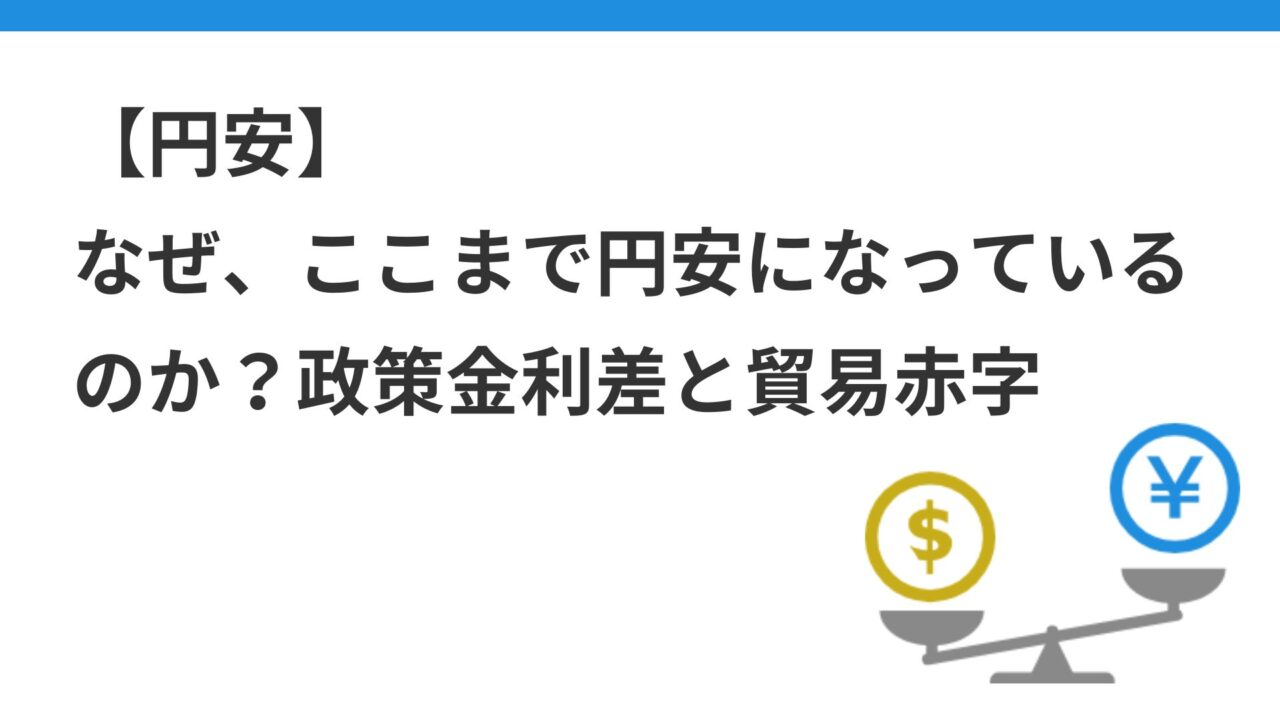Introduction.
Sometimes I click on an article from a web media outlet called “Books&Apps” that appears on my X timeline and read it. I was intrigued by the name “Amamiya Shion,” which contributes to the site, and when I looked it up, I found that she had also published a book, and the title sounded interesting, so I decided to read it.

Incidentally, the reviews on Amazon are divided into two extremes, but I personally enjoyed the very concrete, life-like, yet logical, and toothless statements. Since the author did not fit in well in Japan and found a way to settle in Germany, he describes the advantages of each country in a ratio of 3 for Japan and 7 for Germany.
Some excerpts from Amazon reviews
- Through his experiences in Germany and communication with Germans and other people, he sharply penetrates the differences between Japan and Germany.
- Unlike the writings of reporters and academics, the appeal of this book is that it is an account of an experience that can only be told because I have experienced both.
- The composition of the individual’s delusions being refuted by his or her own delusions goes on and on and on.
- It was painful to read through the author’s forced praise of Germany and criticism of Japan.
summary
Japanese and Germans are very similar” – a belief that Japanese people somehow have, but when I actually lived in Germany, it turned out to be a complete lie! The mentality of people who proudly say, “I want to sit down, so please give me your seat” on the train, and who do not easily admit fault. The “working style” and education system should not be easily copied. What are the strengths and weaknesses of Japan as we compare them? This is a life-size comparative cultural theory written by a young sensibility in his twenties, who is surprised, bewildered, angry, and laughing while in Japan.
Regarding differences between Japan and Germany
- Transportation & Logistics
- Pop Culture & Hospitality
- club activities
- Workplace Reform, Productivity, and Employment (Membership or Job-based)
- educational gap
- Love, Marriage, Family
- Reading the atmosphere and manners
The article discusses comparisons from various angles, including the following, but I picked up on a few points that I personally found interesting
Inbound tourism not meeting demand for travel for intellectual curiosity
The author explains that, compared to the Japanese, Germans tend to travel with the aim of satisfying their intellectual curiosity by carefully studying the history and biographies of the people involved before their trip, and by reading the explanations carefully when they are in the area. In contrast, Japanese tourists tend to visit tourist attractions and take pictures.
Because of the difference between the two, it seems that there is room to grow more inbound tourism in the region since quite a lot of foreigners actually come to minor tourist attractions as well as major tourist attractions in Japan.
Incidentally, inbound demand is currently increasing due to the dawn of the Corona plus the weak yen, and the balance of services is positive when looking at inbound demand alone. The article on this is below.
However, the unique Japanese culture (hot springs, kimonos, etc.) is often not fully conveyed to foreigners, and because of this, as shown below, foreigners are sometimes too scared to experience the culture, and the best of Japan is not being used to its fullest.
However, there were also many “I don’t know” in a negative sense. When I asked them to go to a hot spring, they said, “I don’t know how to get into a hot spring.
Japanese and Germans: Comparing the two, they are both the same. Shion Amemiya
When I asked them to wear a yukata, they said, “I don’t know how to put it on. I don’t know how to put it on, and I don’t want to get in trouble if I accidentally take it off.
You certainly have a point. I think the best solution is for someone like Mr. Amemiya, who has immigrated or settled in a foreign country, to consult with the Japanese ryokan and tourism industries on their messages to foreigners from a comparative cultural perspective that he or she has cultivated. If you stay in Japan, you tend to take things for granted, unconsciously skimp on explanations, and often do not know what you need to explain or promote to foreigners in a way that is easier to understand.
Club Activities and Fair Ain
The author argues against club activities for the following reasons: “Frankly speaking, club activities should just disappear.
If students become accustomed to such unreasonableness from the time they are students, that is, that “what seniors say is absolute” and “chores are the work of junior staff,” they may come to believe that “unreasonableness is natural and something to be accepted” in the future, even when they enter the workforce. I am afraid that by recognizing that “self-sacrifice is beautiful,” they will think that those who go home on time are “unfair” or that “taking paid leave is negligence.
Would it be too much of a stretch to say that the virtues in club activities have contributed to the low productivity of the Japanese people…… that has been much discussed recently?
Japanese and Germans: Comparing the two, they are both the same. Shion Amemiya
Indeed, in junior high and high school, there are few options other than club activities in Japan, and there is a sense that joining a club is a matter of course, in those club activities, especially in the athletic department, hierarchical relationships are sometimes strict and unreasonable.
I was on the soccer team in middle and high school, but if I were back in middle school now, I probably wouldn’t join a physical education club.
In Germany, there are no Japanese-style club activities. Instead, there is the Verein.
Unlike school-based club activities where only members of the same age group gather, this is like a civic club.
The nice thing about this civic club is that you can find a place outside of school and interact with all kinds of people.
I found this system to be very good. It is true that in junior high and high school, students do not have the opportunity to come into contact with a variety of older adults outside of their parents and teachers, so they do not even know what kind of future they should envision. This is especially true in the countryside, and in my case, I did not even know what kind of occupations existed in the first place, not even the keywords “consulting” or “trading company. Of course, since I did not know, it was not an option for me.
The Merits and Demerits of Job and Membership Types
This is a topic that is often discussed in Japan: “Japan should change from a membership-based to a job-based system.
Germany has adopted the job type, but the merits and demerits of the job type are described with a sense of firsthand knowledge.
Germany is indeed a professionally oriented country, but there are few generalists with shallow and broad knowledge and experience, and many people can only do one type of work or do not do any other type of work. People are indifferent to jobs other than their own, and there is little willingness to help out or provide accommodations for unrelated work. That is not necessarily a good thing.
Japanese and Germans: Comparing the two, they are both the same. Shion Amemiya
Indeed, this is a disadvantage of the job type that is often mentioned: it is likely that you will not be able to pick up tasks that would otherwise spill over between departments because “that’s not my job, so I won’t do it,” and you may get stuck.
Incidentally, I hear that in Germany there is an argument that we should train generalist types instead of job types. The grass is greener on the other side.
In the case of job-based pay, the salary is determined to some extent by the job, and changing jobs will not result in a significant decrease in salary as long as the job description remains the same. The basic idea is to pay the same salary to people doing the same job.
In Japan, salaries naturally increase with age due to the lifetime employment system, whereas in Germany, many people stop receiving raises at around age 40 and are given the same job, so their salaries also reach a ceiling.
In other words, in Germany, most people stop getting raises at about age 40, while some who get titles continuously advance in their careers. Which percentage is higher is, of course, the former.
Japanese and Germans: Comparing the two, they are both the same. Shion Amemiya
In Japan, the job type seems closer to outsourced freelance work. However, since they are hired on a skill basis, it isn’t easy to increase their salary unless they keep trying new things such as challenging new skills and languages / challenging management at the company with which they have an outsourcing contract. It isn’t easy. At first, the same skills need to be advanced, but after 10 years, it is likely to become a headache.



